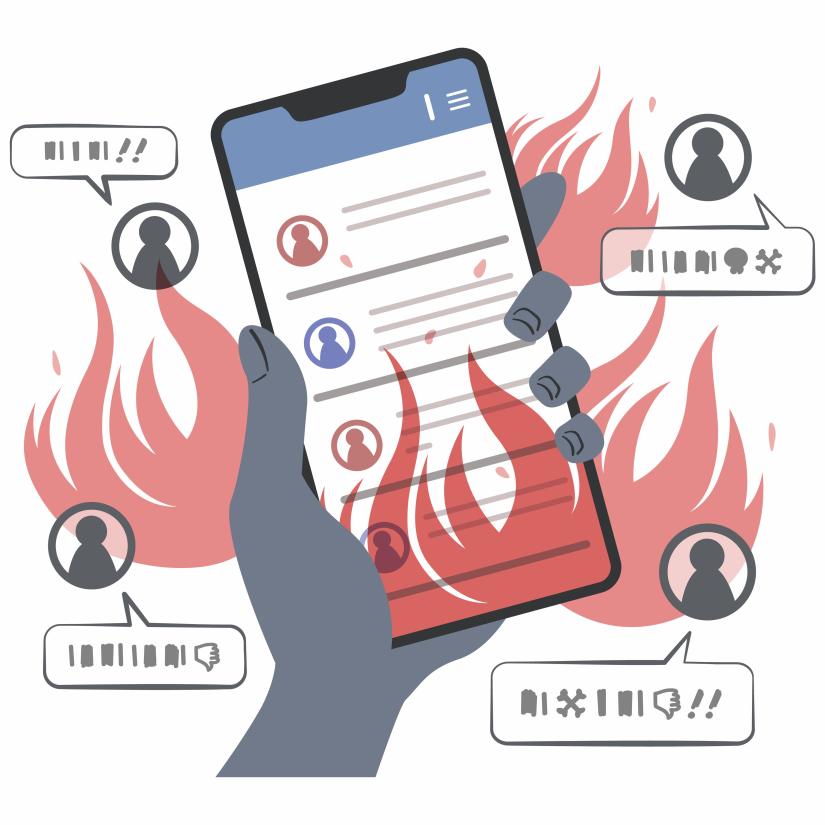
It’s been yet another big week in defamation law, otherwise known as the law of lowered reputations.
On Monday, former NSW Deputy Premier John Barilaro won $715,000 in his defamation suit against Google, owner of YouTube. The matter concerned videos posted to YouTube by Jordan Shanks under the name Friendlyjordies. Barilaro also sued Shanks personally, but that matter was settled. In the case against Google, however, Federal Court Justice Stephen Rares found that Barilaro had been left ‘traumatised’ following a campaign of ‘relentless cyberbullying’, and awarded aggravated damages.
As Justice Rares wrote, ‘I share Mr Barilaro’s incredulity at Google’s unjustifiable persistence in failing to apologise to him for publishing indefensible imputations that it never had any basis to allow Mr Shanks to publish or keep online. Accordingly, I am of opinion that Google’s failure to apologise has aggravated the damages substantially.’
Barilaro v Google isn’t the first Australian case to find that a digital platform can be sued for defamation. In 2018, the High Court held in Trkulja that Google could be found to be a ‘publisher’ for the purposes of defamation law, and that Google’s search results and autocomplete predictions were capable of being defamatory. That was a case brought by a plaintiff distressed to find that searches on his name returned results suggesting he was connected to Melbourne’s underworld. What’s more, last month the High Court heard Google v Defteros, an appeal from a Victorian case in which a lawyer who represented gangland figures was awarded $40,000 in defamation damages. The lawyer successfully argued that Google’s search results returned a link to an article in The Age from 2004 reporting that he had been arrested on conspiracy to murder charges, even though these charges were later dropped. Whatever the court finds, the judgement is likely to set a highly significant precedent.
And then on Tuesday, the day after Barilaro’s big win, orders were made in a defamation suit brought against posts made on a Twitter account run by ‘PRGuy17’, which ardently supports Victorian Premier Daniel Andrews. The difficulty is, the PRGuy17 Twitter account is anonymous. On Monday, Twitter was ordered to hand over information including the email and IP addresses linked to the account, leading to spirited debate about the value of online anonymity.
The Defamation Act was amended last year, with further reforms on the way, but some of the most significant developments are coming from the courts, and they’re coming fast.

Sacha Molitorisz, Senior Lecturer, UTS Law and CMT researcher
This featured in our recent newsletter of 10 June 2022. Click to read the full edition here.
If you want to receive our newsletter direct to your inbox, subscribe here

